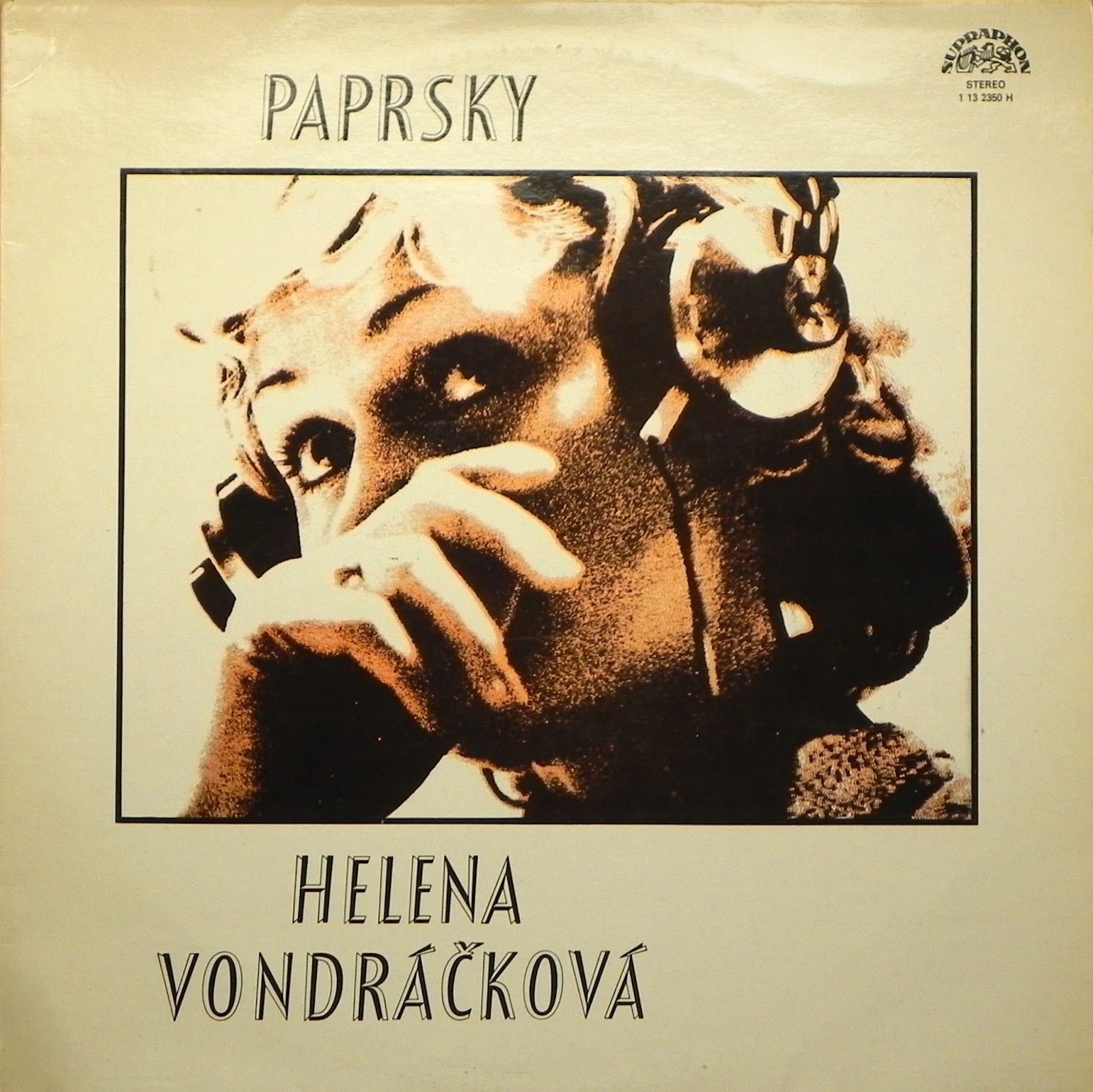This was one of the most shockingly (to me) beautiful records my friends ever dug up out of the fields of oblivion and it's still very little known. How they discover these lost albums I will never really understand but I have the utmost respect for their crate-digging acumen which I cannot quite equal in my efforts. Briefly we have here a kind of proto-new age, without the silliness or simplicity, augmented by chamber instruments including flutes, on an acoustic guitar and piano basis with occasional soprano singing from the artist, and some very tastefully arranged string quartet textures on certain songs. So for those who don't like a slightly schmaltzy style, it will be a turn off or a bad trip, but for those willing to open their minds and let the artist speak to their heart, this will be a revelation or passage through enlightenment in the best tradition of a magic mushroom, as it was to me. The databases describe this as psych, folk, or acid, but really it's best referred to as proto-new age progressive chamber music. And of course she plays all instruments and wrote the arrangements.
Like in the case of Kurt Memo's album recently posted in lossless, this is clearly a labour of love on the part of an utterly uncompromising artist who believed in her work even when the entire world couldn't care less (it was pressed by her). How heartbreaking it must have been for her to have such an icy reception to what we can now see is such beauty. It reminds me of another similarly maligned artist, Nick Drake's 'Fruit Tree:'
" Fruit tree, fruit tree
No one knows you but the rain and the air "
...
Fruit tree, fruit tree
Open your eyes to another yearThey’ll all know
That you were here when you’re gone "
Note that she made another record two years later which is not in the discogs database but it is just as beautiful. So the cold reception she must have received, for what she probably realized was a masterpiece, did not discourage her yet-- thank god.
Here is one of the most haunting songs and it features her gentle singing, called 'It's a long song':
This song is reprised instrumentally at the end of the record.
For an example of the 'progressive chamber' aspect, here we have the 'Phases II':
For me this is the best way to close out the old year, and I hope that others will agree, in particular those who are into folk and more intimate acoustic music such as the fans of Ezhevika Fields. And very shortly I will be back with her second album. But I wish that like Nick Drake her music could be popularized and known again. I'm not holding my breath for that of course. Happy New Year to everyone out there, and let's soon get on with our work of exploring and disinterring more beautiful music that no one yet knows about!! And you can be sure I still have a few up my sleeve.
A quick update, it appears her music is available directly from the artist on her website. I will point you there and ask you do not share the download and I encourage you to purchase directly from her. My apologies to the artist!
http://www.marciameyermusic.com/


















































